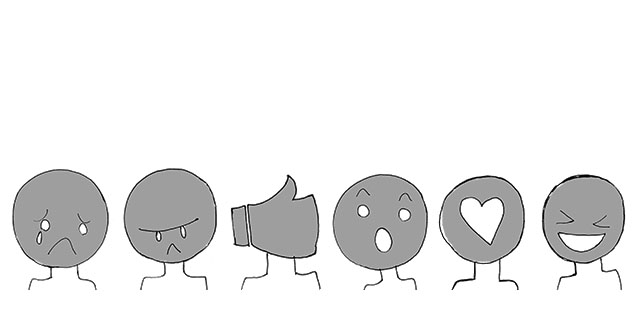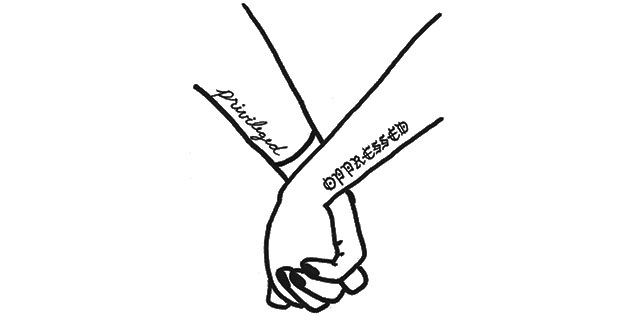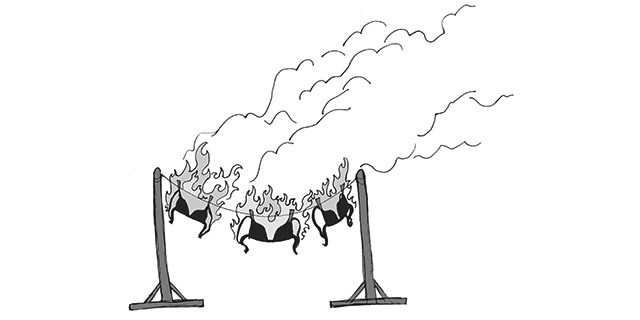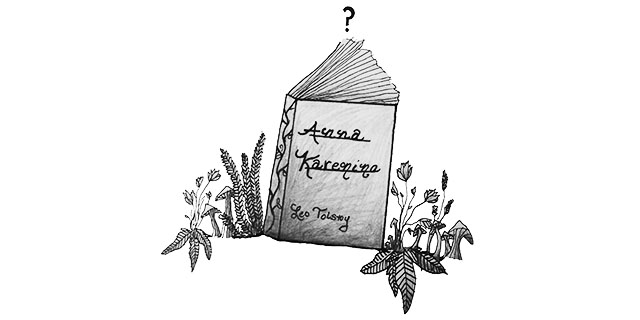
As new generations enter into an era of constant need for information and technology, people are finding new media through which they can express their ideals and publicly stand up for their beliefs, creating online identities that influence and are influenced by their real-life identities in the process. What used to be reserved for those with a career in writing and publications is now at the fingertips of any and every individual who has access to a phone, computer or other device that connects to the internet. A brief one-liner about how S-T-U-N-N-I-N-G someone looks in their profile picture, a like or reaction with one click of a button, a quickly snapped selfie to give a vague idea of how someone’s feeling at that very moment…with technology, expressing a feeling or opinion to share with the world is easier than ever.
So why, as a teenager introduced into this era of instant information, is it so hard for me to publicly express anything beyond notifying someone that I “like” their post? Often when I come across an opinion that I agree with or a photo that appeals to me, I find myself scrolling past it without so much as a thought to repost or comment on it. This leads me to ask myself how others my age so easily muster up the confidence to share their opinions online for anyone and everyone to see and judge.
When I first joined Facebook, I used to post whatever random thought popped into my head, not caring who saw it or what people thought about it. The most I would get were some playful comments from my friends and a few likes here and there; there were never any heated debates or passionate outbursts of disagreement akin to what I’ve seen on quite a few of my friends’ posts. However, the more I became aware of the stigmas that surrounded certain types of posts, the more careful I became about what I posted, even when my posts weren’t harmful or provocative to begin with. I didn’t want to be “that kid” who overshared my life when clearly no one else cared, who was oblivious to the fact that I wasn’t as funny or talented as I thought I was, who was clearly a bigot for unknowingly saying something ignorant or offensive, or who was a narcissist whose only use for social media was to fish for compliments and accumulate praise to boost my ego. What used to be my indifference to sharing my thoughts and opinions online has over the years morphed into fear of embarrassment, rejection and judgment. After all, years of barely posting anything at all online has allowed me to maintain a peaceful way of surfing the web and scrolling through my newsfeed. Why would I want to risk that over one stupid post about an opinion that most people don’t even care about anyway? What could I even say or do that hasn’t already been said and done?
And yet, despite these reservations, I find that standing up for something and showing my support for a cause doesn’t have to involve actively posting about it. Sharing or not sharing online doesn’t have to be a problem with confidence; it can simply be a matter of comfort. My decision not to publicly voice my own personal opinion about certain topics or share certain moments in my life isn’t changing anytime soon, simply because I’m more comfortable being in the
background than being at the forefront of everyone’s minds. Rather, I appreciate my ability to quietly “like” and follow those who have the confidence to do so, and actively take advantage of it. Taking a stand for something doesn’t necessarily mean sharing your opinions and beliefs with the world; it can simply mean giving a post you agree with a “like” or a “share,” and there’s absolutely nothing wrong with that. p



